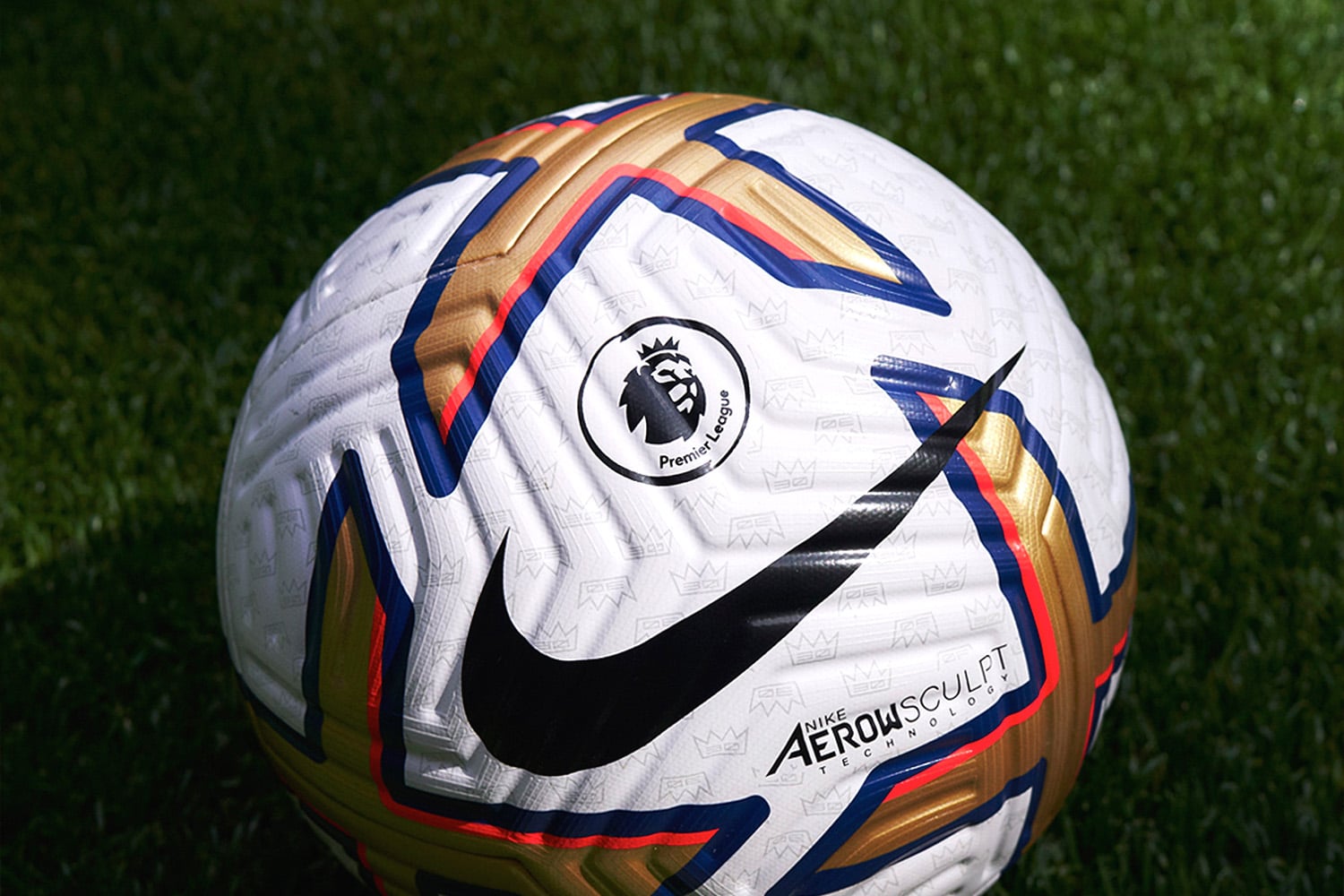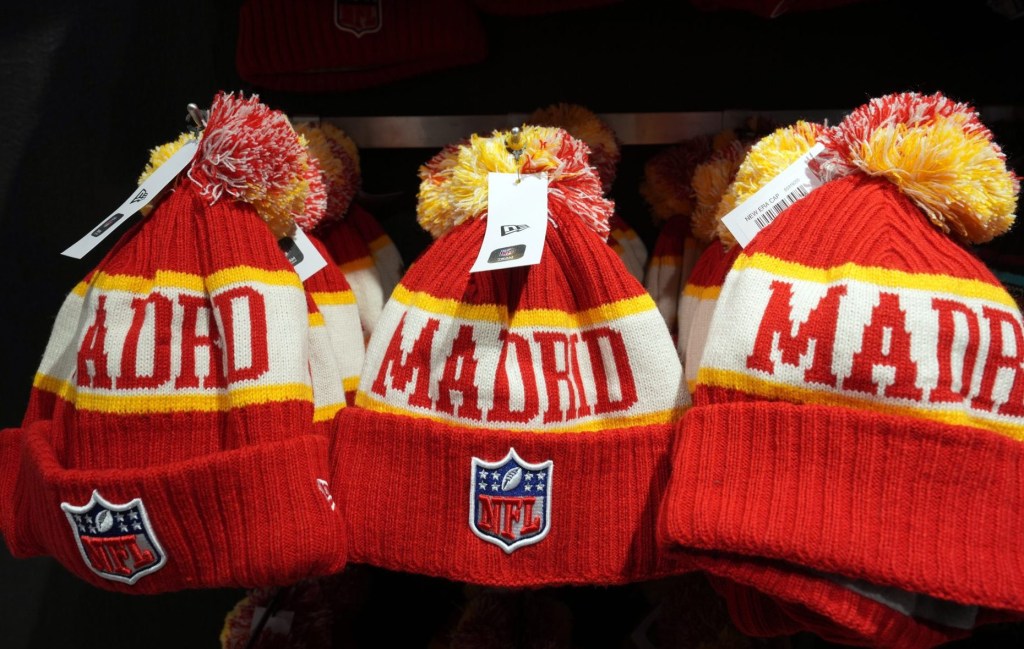Bright Path Sports Partners is the latest U.S. private equity firm betting on an English soccer club.
The Cleveland-based firm—whose mission is to infuse Native American capital into sports—closed a $154 million deal Aug. 13 to acquire 44% of Gamechanger 20 Ltd., which owns Ipswich Town FC, a Premier League club, according to Crain’s Cleveland Business. Controlling stake of the club will remain with holding firm ORG led by Ed Schwartz.
Ipswich was in League One, the third tier league of English soccer, as recently as the 2022–2023 season, but returned to the Premier League this year for the first time since 2002 after being promoted two years in a row.
When Bright Path’s investment was first announced in March, the deal was worth at most $133 million—and it was still unclear whether Ipswich was going to qualify for promotion. The team secured its promotion May 4, the final day of the Championship. It added another estimated $21 million in investment due to “overwhelming interest,” a Bright Path spokesperson tells Front Office Sports.
The additional investment came from Avenue Sports Fund, managed by former Milwaukee Bucks owner Marc Lasry, and VSV ITFC owned by the Viola family, owners of the Florida Panthers.
Risky Business
While the promotion to the Premier League is celebratory for the team, the risk of relegation back to the Championship is on the table this year. The team has started the season 0–2, though the losses were to powerhouses Manchester City and Liverpool.
A team’s ability to stay in the Premier League can make or break its financial standing. In 2022–2023, the average revenue for a Premier League team excluding the “big six” clubs was $243 million, compared to just $41 million for Championship clubs, according to Deloitte.
But Bright Path’s spokesperson tells FOS that the investment was “untethered” to which division the team was competing in, and stressed that the investment was for the “long term.”
“It’s definitely something you take into consideration as part of your diligence,” Bright Path managing partner Phillip Ciano told Crain. “But investing in sports is inherently risky, like every investment.”

![[Subscription Customers Only] Jun 15, 2025; Seattle, Washington, USA; Botafogo owner John Textor inside the stadium before the match during a group stage match of the 2025 FIFA Club World Cup at Lumen Field.](https://frontofficesports.com/wp-content/uploads/2026/02/USATSI_26465842_168416386_lowres-scaled.jpg?quality=100&w=1024)





![[Subscription Customers Only] Jul 13, 2025; East Rutherford, New Jersey, USA; Chelsea FC midfielder Cole Palmer (10) celebrates winning the final of the 2025 FIFA Club World Cup at MetLife Stadium](https://frontofficesports.com/wp-content/uploads/2026/02/USATSI_26636703-scaled-e1770932227605.jpg?quality=100&w=1024)





![[US, Mexico & Canada customers only] Feb 6, 2026; Riyadh, SAUDI ARABIA; Jon Rahm in action during the third round of play at LIV Golf Riyadh at the Riyadh Golf Club.](https://frontofficesports.com/wp-content/uploads/2026/03/USATSI_28173562_168416386_lowres-scaled.jpg?quality=100&w=1024)

![[US, Mexico & Canada customers only] Sep 28, 2025; Bethpage, New York, USA; Team USA's Bryson DeChambeau reacts after hitting his approach on the 15th hole during the singles on the final day of competition for the Ryder Cup at Bethpage Black.](https://frontofficesports.com/wp-content/uploads/2026/03/USATSI_27197957_168416386_lowres-scaled.jpg?quality=100&w=1024)

